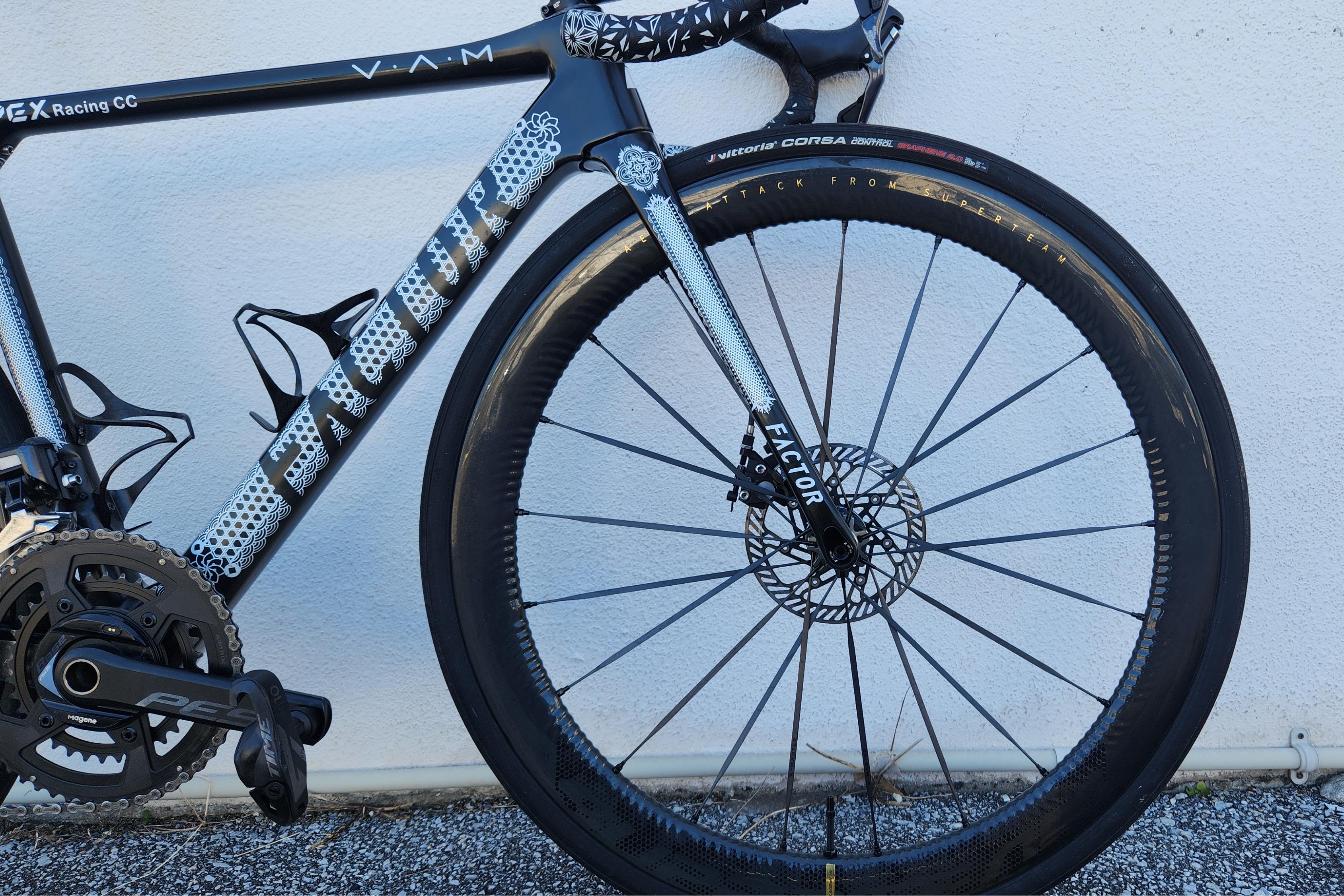In the history of road bikes, the brake system has evolved from traditional rim brakes (caliper brakes) to modern disc brakes (disc brakes). In recent years, with the advancement of disc brake technology, more and more road bikes have begun to adopt disc brake systems, and even become standard for high-end models. But rim brakes still have their irreplaceable advantages, so many riders continue to choose them.
So, which one is more suitable for you, disc brakes or rim brakes? This article will comprehensively compare the advantages and disadvantages of the two brake systems from multiple aspects, such as braking force, handling, weight, maintenance cost, and weather adaptability, to help you make a wise choice.

1. Comparison of braking force and braking performance
Advantages of disc brakes: Disc brakes provide a stronger braking force, especially when riding at high speeds, descending steep slopes, and on slippery roads. You can get a more linear braking feel without excessive force, reducing hand fatigue. Even carbon fiber wheels can achieve stable braking effects regardless of the rim material.
Disadvantages of rim brakes: Braking force depends on the surface of the rim. If the rim is dirty, rainy, or downhill at high speed, the braking force will decrease. When riding long distances on steep slopes, frequent braking will cause the rim to overheat, affecting braking performance and even causing a blowout.
Conclusion: If you often ride in the mountains, in rainy weather, or need stronger braking performance, disc brakes are undoubtedly a better choice.

2. Comparison of lightweight and aerodynamics
Advantages of rim brakes: The rim brake system is lighter, and the weight of the whole vehicle is usually 200-400g lighter than that of a disc brake road bike. In competitive competitions or climbing stages, lightweight may bring better performance.
The structure is simpler, without brake discs and oil pipes, and more aerodynamic design.
Disadvantages of disc brakes: Due to the additional brake discs, oil pipes, or cable mechanisms, the weight of the whole vehicle increases, which may be a disadvantage for climbers. Although some brands have optimized the aerodynamics of the disc brake system, it is still slightly inferior to rim brakes overall.
Conclusion: If you are a lightweight enthusiast or a climbing athlete, rim brakes are still a good choice.
3. Maintenance cost and service life
Advantages of rim brakes: easier to maintain, simple structure, no brake oil and complex adjustments, and brake pads can be quickly replaced during riding. Low maintenance cost, cheap brake pads, and relatively simple installation and adjustment.
Disadvantages of disc brakes: need to regularly replace brake oil (hydraulic disc brakes) or check brake lines (mechanical disc brakes), high maintenance costs. Brake discs may deform if hit, high repair and replacement costs. More professional adjustment skills are required, as air or brake oil pollution may affect braking performance.
Conclusion: Rim brakes are easy to maintain and suitable for cyclists who like to do it themselves, while disc brakes have higher maintenance costs, but provide more lasting and stable braking force.

4. Weather adaptability and stability
Advantages of disc brakes: not affected by weather, whether it is rainy, muddy roads, or long-distance riding, disc brakes can always provide reliable braking force. Avoid rim wear, rim brakes may increase rim wear in slippery conditions, while disc brakes will not affect the life of the wheel set.
Disadvantages of rim brakes: In rainy or slippery conditions, braking force will drop significantly, affecting safety.
Brake pads need to be replaced more frequently, especially when riding in harsh conditions.
Conclusion: If your riding environment is changeable, such as rainy season, cold and wet areas, or long-distance travel, disc brakes are worth considering.
5. Competition and riding style selection
Rim brakes are suitable for: competitive competitions (such as hill climbing competitions, events with lightweight requirements)
Riders who have high requirements for ease of maintenance
Limited budget, but still want to get an excellent riding experience
Disc brakes are suitable for: long-distance riding, traveling, mixed climbing + downhill road conditions
Riders who need all-weather braking performance
Riders who don't mind adding some weight and pursue higher safety and comfort
Overall, if you pay more attention to lightness, simplicity, and easy maintenance, rim brakes are still a good choice; but if you pursue higher braking performance, all-weather adaptability, and safety, disc brakes are undoubtedly a better choice.
Do you prefer disc brakes or rim brakes? Welcome to share your experience and opinions in the comment section!



コメントを書く
全てのコメントは、掲載前にモデレートされます
このサイトはhCaptchaによって保護されており、hCaptchaプライバシーポリシーおよび利用規約が適用されます。